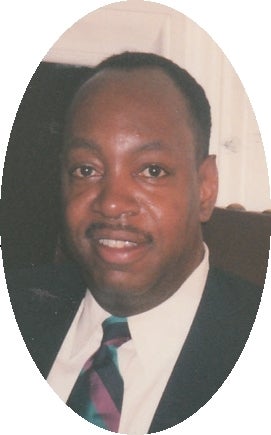Veteran entertainment lawyer and mentor Denis E. Kellman ’73, a former chair of the Black Entertainment and Sports Lawyers Association (BESLA) and a longtime adviser to music and audio companies, died at his home in Warwick, New York on January 15, 2014 at the age of 65.
After graduating from Yale University in 1970, Kellman came to Harvard, where he simultaneously earned his J.D. from the Law School and an M.B.A. from the Business School. At the time, the country was still reeling from the assassinations of 1968 and the Vietnam War. With a desire to give back to the community, Kellman became involved in black student issues on campus, particularly through the Harvard chapter of the Black Law Students Association, according to Fletcher “Flash” Wiley ’74, who had been friends with Kellman ever since they met in their 1L section.
Kellman went on to join the firm Leboeuf, Lamb, Leiby and MacRae in New York before transitioning into entertainment law at Columbia Pictures, where he worked in the film and music divisions. His career then took him to Columbia Records, PolyGram Records and eventually RCA Records, where he spent four years in London as head of RCA’s business and legal affairs departments. At RCA, Kellman spearheaded deals with artists such as the Eurythmics and Five Star. When BMG acquired RCA, Kellman returned to New York, where he served as BMG’s chief lawyer for distribution, classical music, Latin music and Broadway cast albums.
At the same time, Kellman got more heavily involved with BESLA, a network of more than 2,000 attorneys aimed at advancing black professionals in entertainment and sports law, eventually serving as its chair from 2006 to 2008. He later left BMG to become a sole practitioner, working as chief legal counsel for Blackstone Audiobooks, Inc. for more than ten years. Throughout his career, Kellman maintained his connections to Harvard, coming back occasionally to speak at both HLS and HBS for seminars on the entertainment industry.
Wiley remembered Kellman as a much-respected man who carried himself with a quiet dignity. He also recalled Kellman’s desire to help anyone who crossed his path, particularly young black attorneys who turned to him as a mentor.
“A man steeped in the fiery crucible of the civil rights and anti-discrimination movements, he never forgot where he came from and the helpful hands that provided guidance and support,” Wiley said. “Accordingly, he spent much of his life ‘paying forward’ the bounty.”
